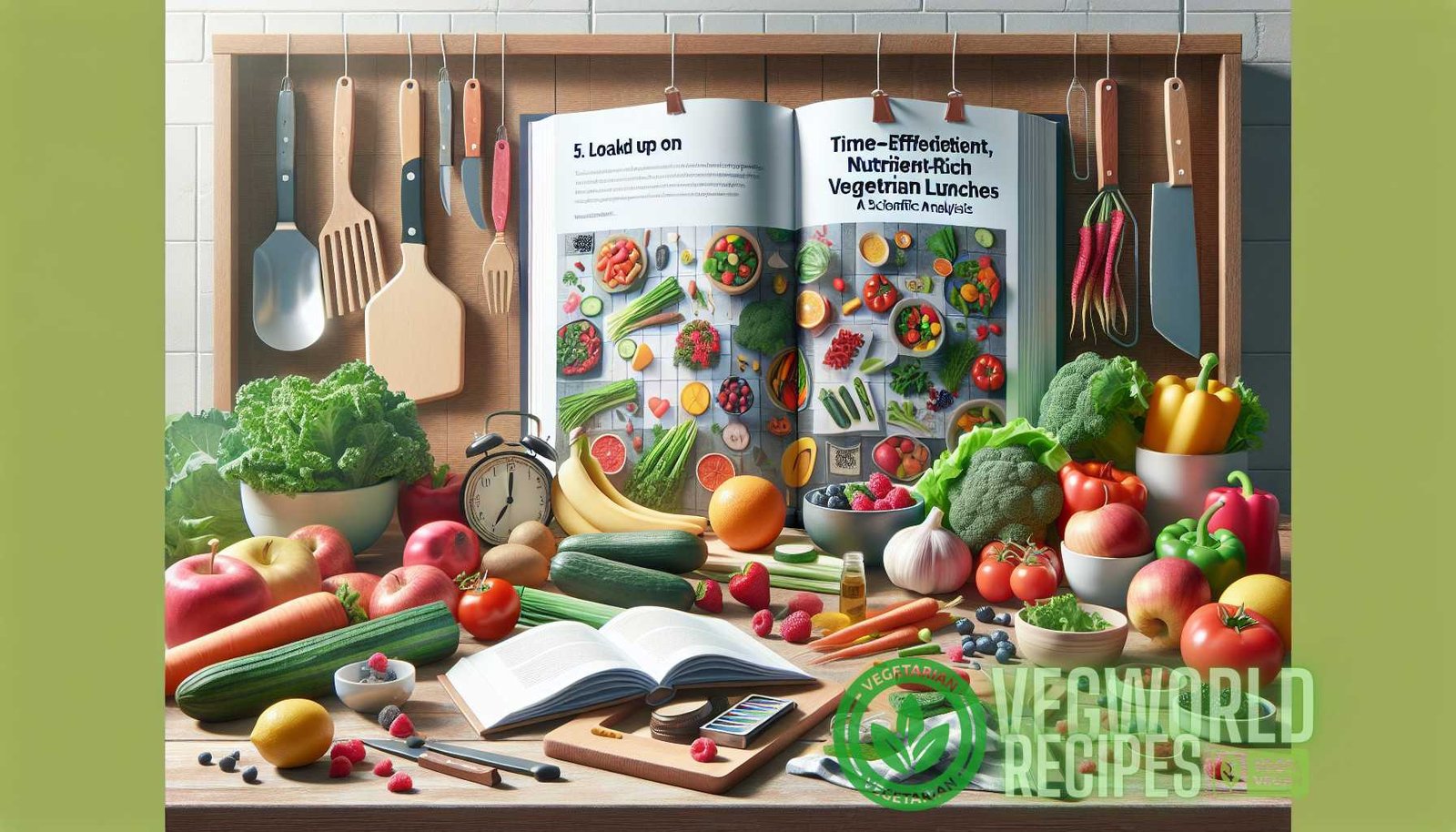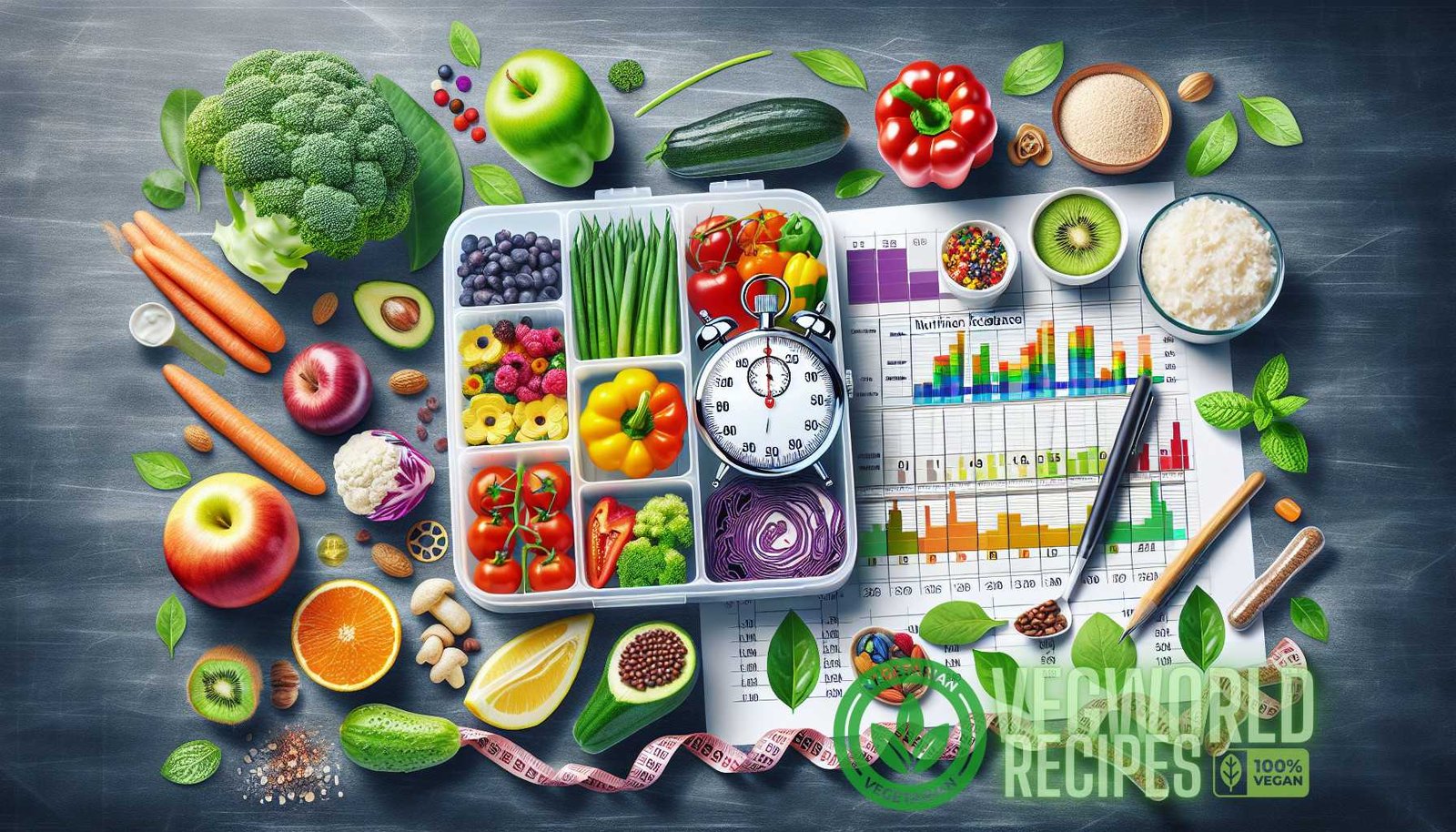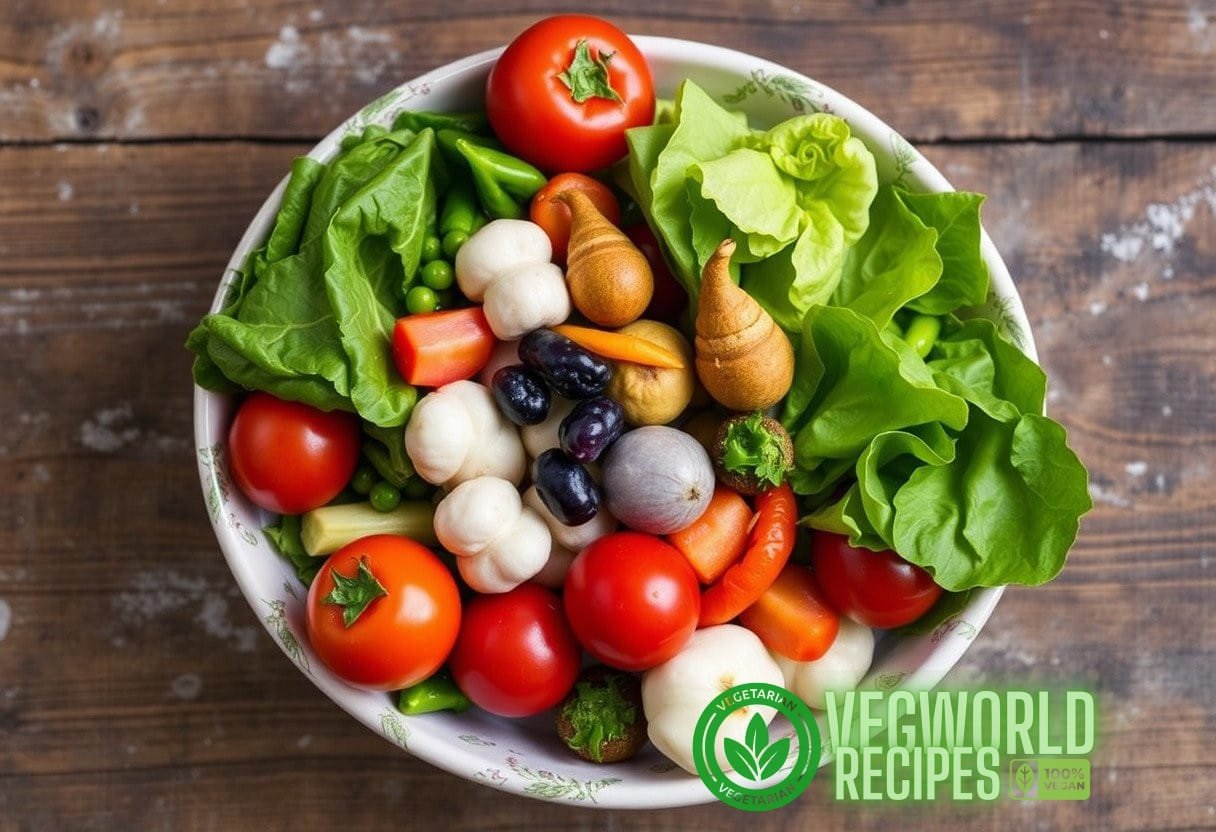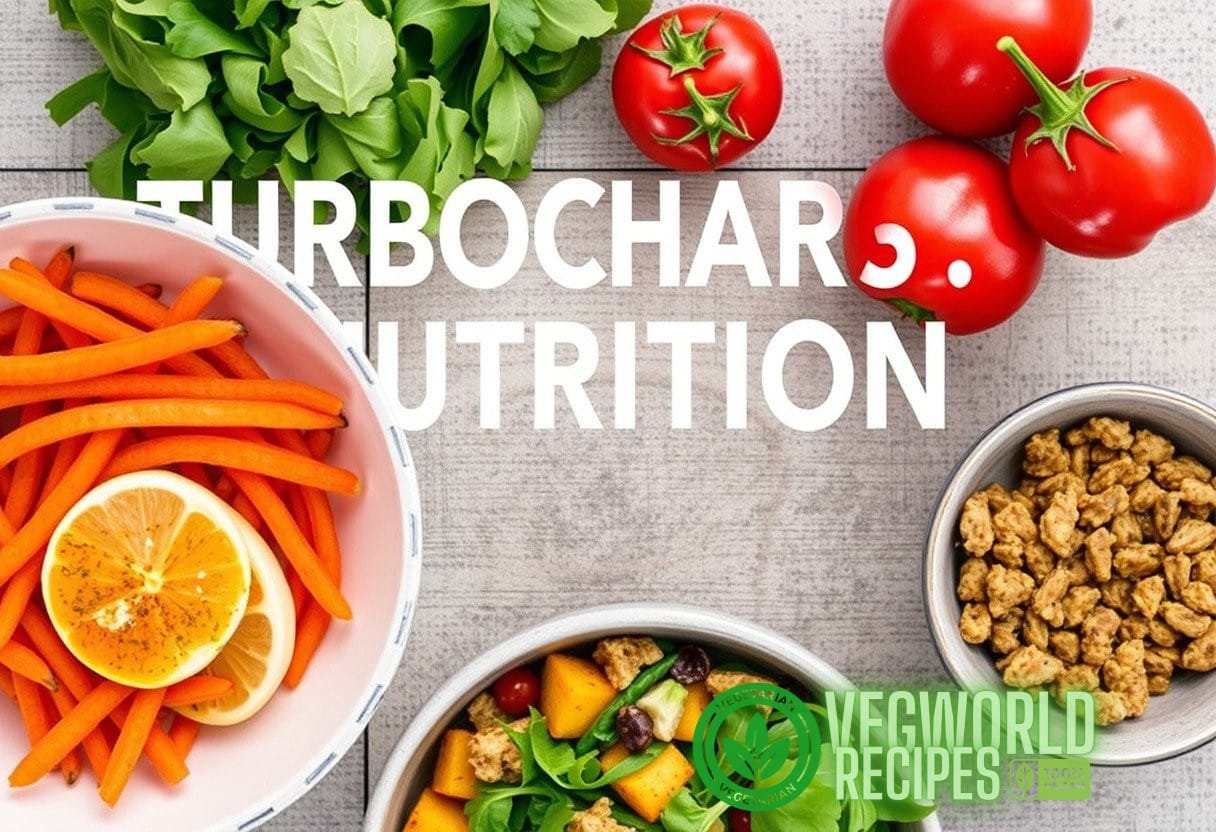Creating Optimal Nutrient Profiles: A Scientific Analysis of Time-Efficient Vegetarian Lunches for Busy Individuals
In today’s fast-paced world, many individuals find it challenging to maintain a healthy and balanced vegetarian diet due to their busy schedules. Despite the time constraints, it is crucial to prioritize nutrition and ensure that our meals provide us with the necessary nutrients for optimal health and well-being. This article aims to provide a scientific analysis of time-efficient vegetarian lunches for busy individuals, focusing on creating optimal nutrient profiles that support a healthy and balanced lifestyle.
The Importance of a Balanced Vegetarian Diet
A balanced vegetarian diet plays a vital role in maintaining good health and preventing chronic diseases. Vegetarian diets typically consist of plant-based foods such as fruits, vegetables, whole grains, legumes, nuts, and seeds, which are rich in essential nutrients such as fiber, vitamins, minerals, and phytochemicals. By incorporating a variety of plant-based foods into our meals, we can ensure that we consume a wide range of nutrients, promoting overall well-being.
However, it is important to note that not all vegetarian diets are created equal. Without careful planning, a vegetarian diet could potentially lack certain nutrients that are commonly found in animal-based foods, such as vitamin B12, iron, and omega-3 fatty acids. Therefore, it is crucial to pay attention to the nutrient composition of our meals and make informed choices to meet our nutritional needs.
Time-Efficient Vegetarian Lunches for Busy Individuals
For busy individuals, time is often a limiting factor when it comes to preparing meals. However, with proper planning and meal preparation, it is possible to create time-efficient vegetarian lunches that are both nutritious and delicious. Here are some tips:
1. Plan Your Meals in Advance
Planning your meals in advance can save you a significant amount of time. Take a few minutes at the start of each week to plan your vegetarian lunches for the upcoming days. Consider incorporating a variety of plant-based proteins, whole grains, and vegetables to ensure a well-balanced meal.
For some quick and delicious vegetarian lunch recipes, check out this article on VegWorldRecipes.2. Batch Cooking
Batch cooking is a great time-saving technique for busy individuals. Set aside a specific time each week to prepare larger quantities of vegetarian dishes. Portion them out into individual containers, and you’ll have ready-to-eat meals for the entire week. This way, you can ensure that you’re getting a nutritious lunch without spending much time on meal preparation each day.
3. Incorporate Protein-Rich Foods
Protein is an essential component of a vegetarian diet, as it helps build and repair tissues in the body. Including protein-rich foods in your vegetarian lunch is crucial to ensure that you meet your daily protein requirements. Opt for plant-based protein sources such as tofu, tempeh, legumes (beans, lentils, chickpeas), quinoa, and seitan.
4. Choose Whole Grains
Whole grains are an excellent source of complex carbohydrates, fiber, vitamins, and minerals. They provide sustained energy and can keep you feeling full for longer periods of time. Choose whole grain options such as brown rice, quinoa, whole wheat bread, and whole wheat pasta for your vegetarian lunches.

5. Load Up on Fruits and Vegetables
Fruits and vegetables are packed with essential vitamins, minerals, and antioxidants. They are low in calories and high in fiber, making them an excellent addition to your vegetarian lunch. Aim to include a variety of colorful fruits and vegetables in your meals to ensure a wide range of nutrient intake.
If you’re looking for some quick and delicious vegetarian meals to try, check out this article on VegWorldRecipes.Creating Optimal Nutrient Profiles
When planning your time-efficient vegetarian lunches, it is important to pay attention to the nutrient composition of your meals. Here are some key nutrients to consider:
1. Protein
Protein is essential for the growth, repair, and maintenance of body tissues. It is crucial to include protein-rich foods in your vegetarian lunches to meet your daily protein requirements. Aim for a variety of plant-based protein sources such as legumes, tofu, tempeh, and seitan.
2. Iron
Iron is necessary for the production of red blood cells and the transport of oxygen throughout the body. Plant-based sources of iron include leafy green vegetables, legumes, whole grains, nuts, and seeds. Pairing iron-rich foods with foods high in vitamin C can enhance iron absorption.
3. Vitamin B12
Vitamin B12 is primarily found in animal-based foods, making it essential for vegetarians to pay attention to their intake. Including fortified foods such as plant-based milk, breakfast cereals, and nutritional yeast can help meet your vitamin B12 needs.
4. Omega-3 Fatty Acids
Omega-3 fatty acids are important for brain health and reducing inflammation in the body. Vegetarians can obtain omega-3 fatty acids from plant-based sources such as flaxseeds, chia seeds, walnuts, and algae-based supplements.
Conclusion
Creating optimal nutrient profiles in time-efficient vegetarian lunches is possible with proper planning and meal preparation. By incorporating a variety of plant-based proteins, whole grains, fruits, and vegetables into your meals, you can ensure that you meet your nutritional needs while keeping up with your busy schedule. Remember to pay attention to key nutrients such as protein, iron, vitamin B12, and omega-3 fatty acids to support overall health and well-being.
External Link: Vegetarianism – Wikipedia



